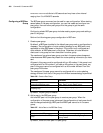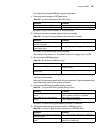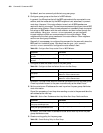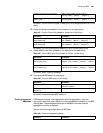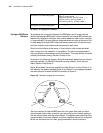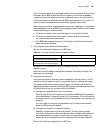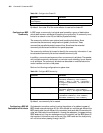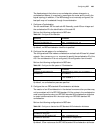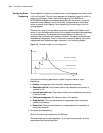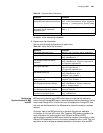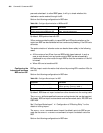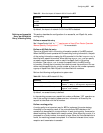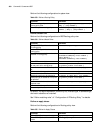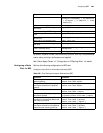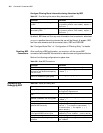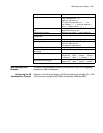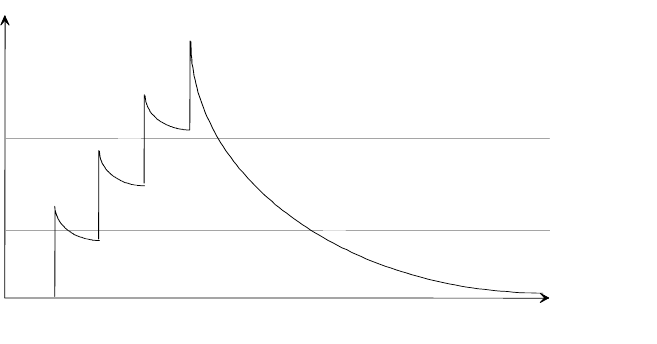
464 CHAPTER 30: CONFIGURING BGP
Configuring Route
Dampening
Route instability is frequently indicated when a route disappears that used to exist
in the routing table. This route may reappear and disappear frequently, which is
called routing flapping. When there is route flapping, the UPDATE and
WITHDRAWN messages are broadcast repeatedly over the network, occupying
bandwidth and processing time of the routers. The administrator should take
action to prevent route flapping. Route dampening is a technology to control
routing flapping.
There are two types of routes, stable routes and unstable routes. Stable routes
remain in the route table continuously, while unstable routes should be suppressed
by route dampening. The unstable route is penalized by not allowing it to
advertise when its penalty level reaches a threshold. The penalty is exponentially
decreased as time goes by. Once it is lower than a certain threshold, the route is
unsuppressed and is advertised again, as shown in the following diagram.
Figure 153 Schematic diagram of route dampening
Configure the following parameters to adjust the performance of route
dampening:
■ Penalty: Increases upon each route flap, decays as time goes by.
■ Reachable-half-life: Time duration before they reachable route penalty is
reduced to half.
■ Unreachable-half-time: Time duration before the unreachable route penalty
is reduced to half.
■ Ceiling-max-suppress: The maximum value of the penalty.
■ Suppress-limit: The route advertisement is suppressed when the penalty
reaches this threshold.
■ Reuse-limit: The route advertisement is unsuppressed when the penalty is
lower than this value.
1 Configure route dampening.
Perform the following configurations in BGP view.
The parameters are mutually dependent. To configure any parameter, all other
parameters should also be specified.
Suppression threshold
Threshold to reuse
Time
Penalty



